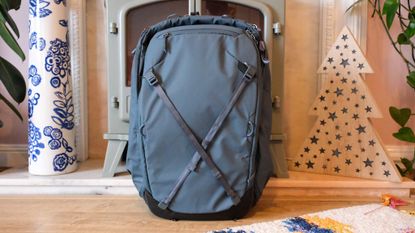Travel
The latest Travel breaking news, comment, reviews and features from the experts at T3
-
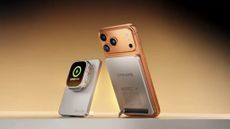
Dreame expands beyond robot vacuums with its first-ever slim power bank
It's available in 5,000mAh and 10,000mAh versions
By Lizzie Wilmot Published
-
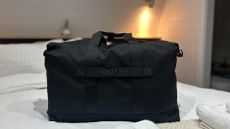
Antler Icon Overnight Bag review: stylish, premium and perfect for a night away
I went on a weekend getaway, which meant the Antler Icon Overnight Bag was coming with me
By Lizzie Wilmot Published
-
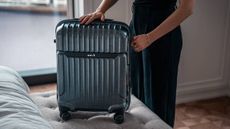
Mous takes inspiration from its durable phone cases to make its first-ever hardshell suitcase
This Mous carry-on suitcase is organised and durable, but you’ll have to wait to get it
By Bethan Morgan Published
-
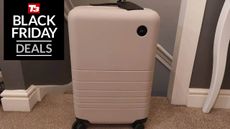
The Monos suitcase I use for every work trip is now 25% off in cheap Cyber Monday deal
My favourite carry-on is now cheaper than ever!
By Bethan Morgan Published
-

I’ve been to 7 countries this year – these 5 travel gadgets never fail me, and Black Friday has slashed their prices
From travel adapters to travel pillows, I don’t leave a single one of these behind
By Lizzie Wilmot Published
-
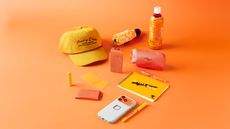
Peak Design's new travel wallet range is its most unexpected yet and it's made from a material you’ve never heard of
A new three-piece wallet lineup introduces TerraShell Ultra, a slim, weatherproof, PFAS-free fabric built for modern EDC
By Matt Kollat Published
-

British Airways bringing free Wi-Fi to all passengers on future flights
A new partnership with Elon Musk's Starlink will introduce free Wi-Fi on international and domestic BA flights
By Rik Henderson Published
-
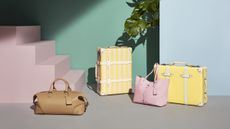
Best suitcase 2025: quality luggage, bags and rolling models for your next trip
Pack everything, including the kitchen sink, with the best suitcase, luggage and trunks
By Bethan Morgan Last updated
-
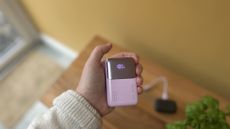
INIU Pocket Rocket P50 review: tiny, powerful and perfect for daily use
I finally put the world's smallest power bank to test
By Lizzie Wilmot Published
-
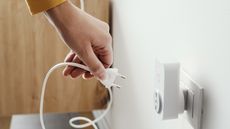
Best travel adaptor 2025: power up abroad
Forget spending a small fortune on a single adaptor at the airport
By Lizzie Wilmot Last updated
-
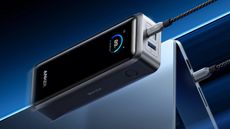
Anker's brand new power bank will recharge to 50% in just 13 minutes
Do you know how impressive that is?
By Lizzie Wilmot Published
-
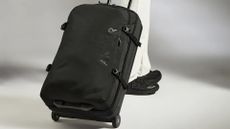
Antler Discovery Wheeled Duffel review: holdall flexibility meets suitcase strength
I took Antler's first hybrid holdall to the Yorkshire Dales with me
By Lizzie Wilmot Published
-

This smart backpack has a built-in tracker so you'll never lose your bag again
Now this is what you call travel tech
By Lizzie Wilmot Published
-
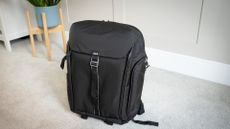
Mous Optimal Protective Lid Backpack review: a tough and tactical backpack
The Mous Optimal Protective Lid is a seriously durable, 25-litre backpack to protect your tech
By Alistair Charlton Published
-
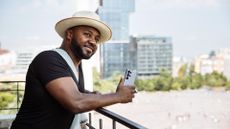
How to level up your holiday photos – using only your phone
Sponsor Content Created With Samsung
Elevated travel photography is in your hands with the Samsung Galaxy S25 Ultra – here’s why
By T3.com Published
-

This ridiculously tiny power bank has just jumped to the top of my wishlist
It's roughly the size of a credit card
By Lizzie Wilmot Published
-
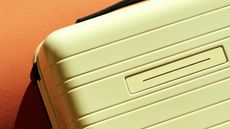
My favourite luggage brand just dropped its best colour yet – and now I want to go on holiday again
You’ve probably spotted this colour more than once already this year
By Lizzie Wilmot Published
-
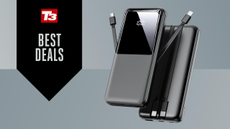
This 5-star power bank is nearly 90% off on Amazon – yes, you read that right
This has to be a mistake?
By Lizzie Wilmot Published
-
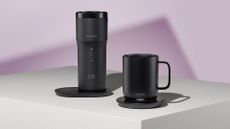
Two weeks into using this premium travel gadget, I still don't get it
Ember's travel mug is a mystery to me
By Max Freeman-Mills Published
-
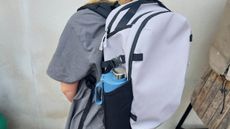
The Wandrd Nimbus 18L Backpack promises organised storage but is smaller than it appears…
An organised, lightweight backpack for commuting – check out the Wandrd Nimbus 18L Backpack
By Bethan Morgan Published
-
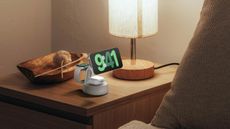
Belkin’s UltraCharge wireless collection has the fastest chargers I’ve ever seen
Belkin debuts world’s first Qi2 25W wireless chargers
By Bethan Morgan Published
-
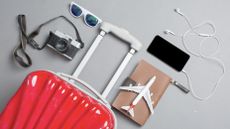
I'm always travelling for work – here are 5 tech essentials I never leave at home
I don't know what I'd do if I did!
By Lizzie Wilmot Published
-
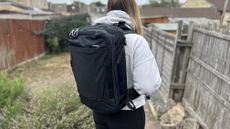
Matador GlobeRider35 Travel Backpack review: the travel upgrade I didn't know I needed
It came with me on a weekend of adventure
By Lizzie Wilmot Published
-
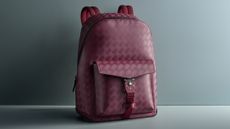
Montblanc Extreme 3.0 review: a luxury backpack with reassuring quality
The Montblanc Extreme 3.0 backpack oozes quality from every inch
By Sam Cross Published
-

I commute to work – here are 7 essentials that make the journey easier
7 tech, appliances and travel goods that perfected my work commute
By Bethan Morgan Published
-
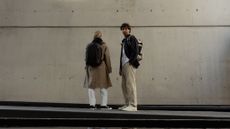
Stubble & Co reinvents its classic hybrid backpack in a new compact version
It launched today!
By Lizzie Wilmot Published
-
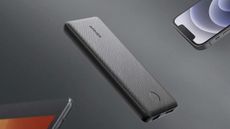
Anker might be dropping a new slim power bank – here's what we know so far
Price included!
By Lizzie Wilmot Published
-

Troubadour's lightest backpack ever is here – and it's perfect for the daily commute
Say hello to the Troubadour Neo...
By Lizzie Wilmot Published
-

Mous transforms its three best-selling rucksacks with a fresh colour update
I think it's the best one yet
By Lizzie Wilmot Published
